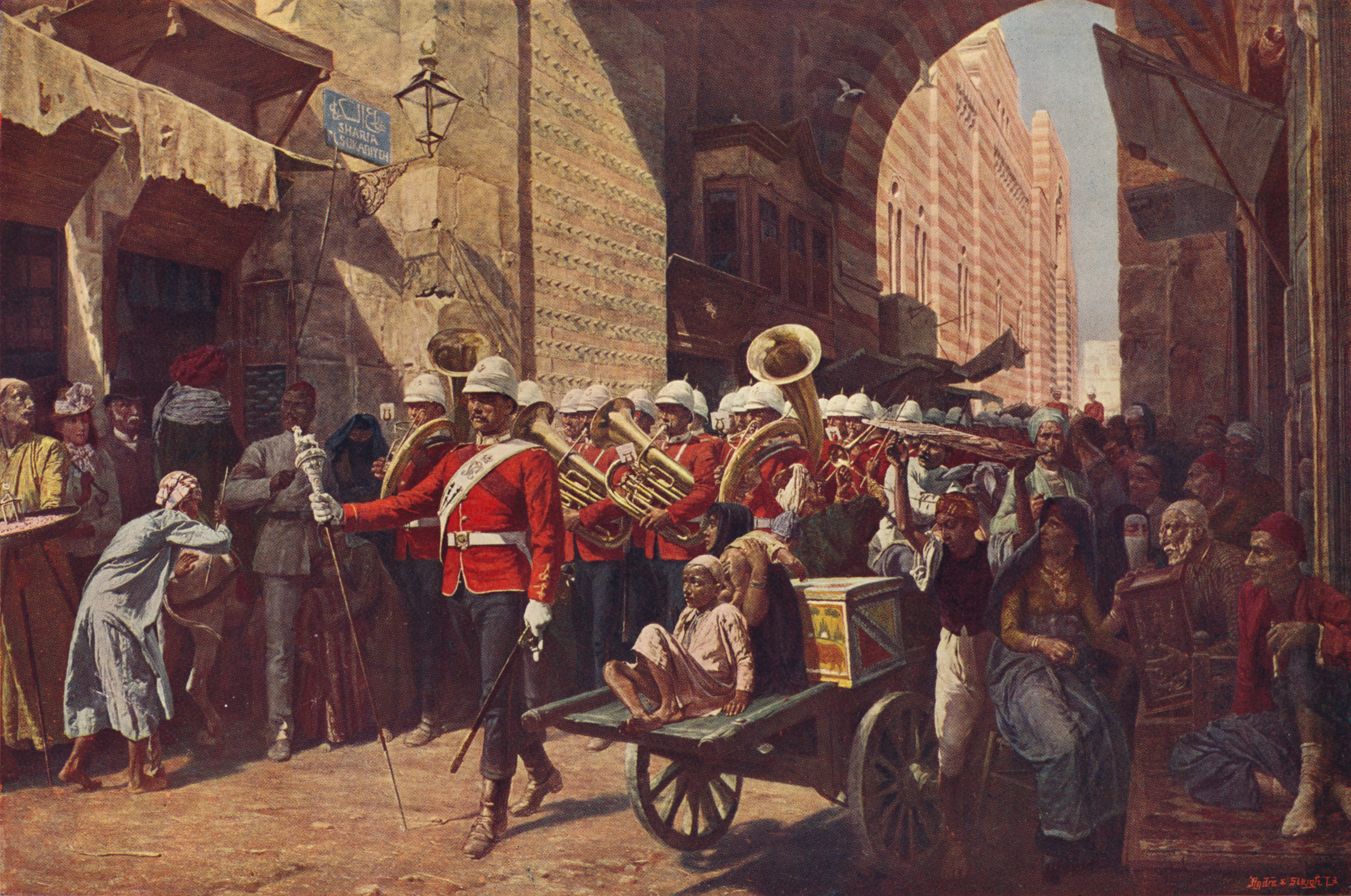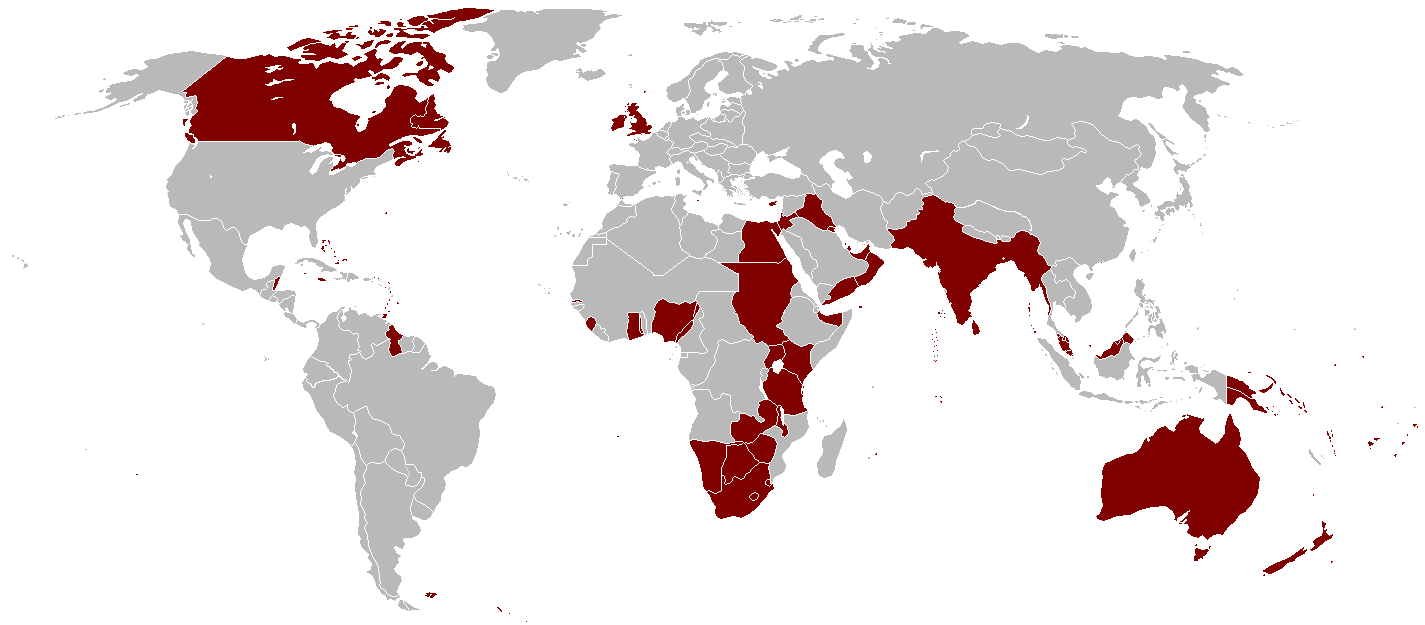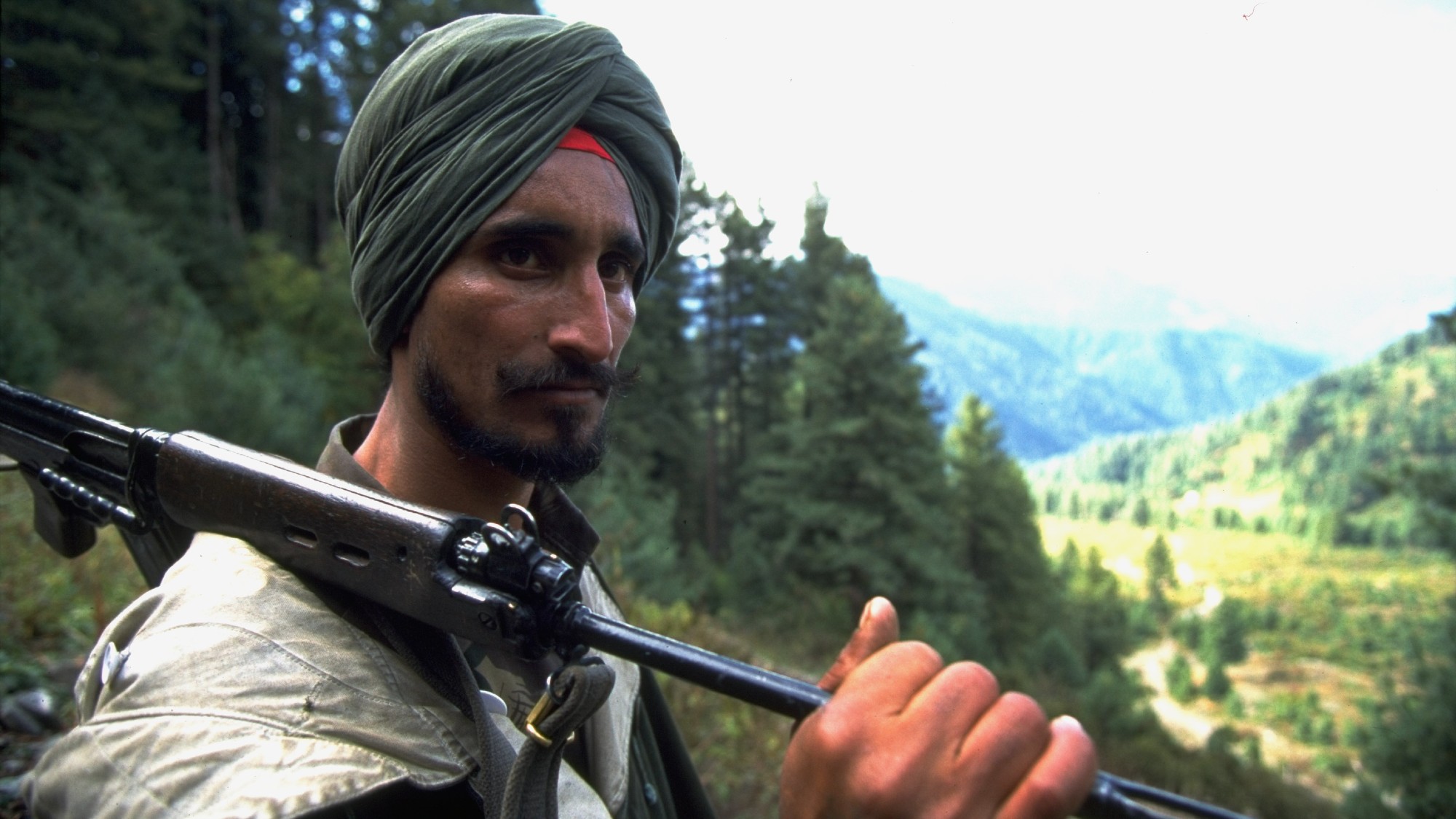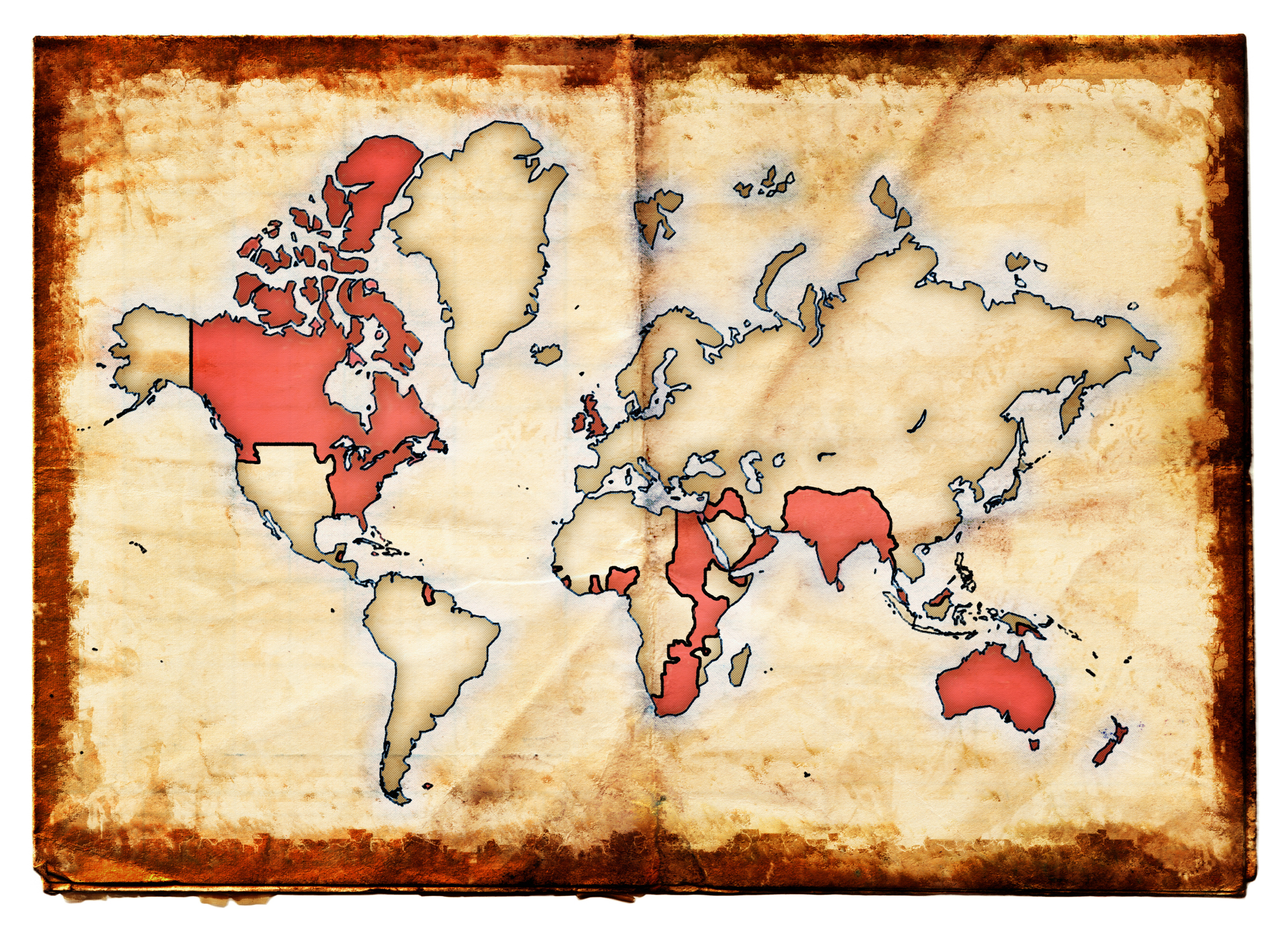How big was the British Empire and why did it collapse?
The largest in history at its height, there is little left of the British Empire today

A free daily email with the biggest news stories of the day – and the best features from TheWeek.com
You are now subscribed
Your newsletter sign-up was successful
Award-winning spoken word artist George the Poet has revealed that he turned down an MBE because of the “pure evil” of the British Empire.
“The gesture is deeply appreciated, the wording is not,” said the 28-year-old, who was born in London but is of Ugandan heritage. He accused the empire of committing “rape” against his homeland and inflicting “trauma” on the children of Africa.
His comments came as Labour pledged to include the injustices of the British Empire in the national curriculum if the party wins the general election.
The Week
Escape your echo chamber. Get the facts behind the news, plus analysis from multiple perspectives.

Sign up for The Week's Free Newsletters
From our morning news briefing to a weekly Good News Newsletter, get the best of The Week delivered directly to your inbox.
From our morning news briefing to a weekly Good News Newsletter, get the best of The Week delivered directly to your inbox.
How did the empire come about?
The British began to establish overseas colonies in the Americas in the 16th century, writes the BBC, but it wasn't until the 18th century that its expansion really accelerated.
British expansion, particularly in Asia, was facilitated by the construction of trading posts set up by the East India Company, a London based trade business.
In the face of increased competition from the French East India Company, the organisation expanded its territorial claims in India with the use of a private army of more than 260,000 men, until the Indian Rebellion of 1857 saw the British Crown assume direct control of the Indian subcontinent - the epicentre of the Empire.
A free daily email with the biggest news stories of the day – and the best features from TheWeek.com
How big was the Empire?
From India, further expansion was undertaken through Asia, and by 1913 the British Empire was the largest to have ever existed.
It covered around 25% of the world's land surface, including large swathes of North America, Australia, Africa and Asia, while other areas - especially in South America - were closely linked to the empire by trade, according to the National Archives.
As a result of its size, it became known as “the empire on which the sun never sets”.
It also oversaw around 412 million inhabitants, or around 23% of the world’s population at the time, writes the Organisation for Economic Co-operation and Development.
The map below shows the British Empire at its territorial peak in the early 20th century.

While proponents say it brought various economic developments to the parts of the world it controlled, critics note the massacres, famines and the use of concentration camps by the British Empire, The Independent writes. For good or ill, it brought new language, sport and religion to different parts of the globe.
Speaking on his BBC podcast Have You Heard George's Podcast?, George the Poet, whose real name is George Mpanga, said this week: “Your forefathers grabbed my motherland, pinned her down and took turns. They did that every day for a couple hundred years and then left her to treat her own burns.”
Why did it fall?
Although there is no single answer to this question, the collapse of British imperial power can be traced “directly to the impact of World War Two”, the BBC says.
The campaigns it waged in Europe, Asia and Africa virtually bankrupted the UK and the subsequent debt it acquired severely comprised its economic independence; the foundation of the imperial system.
The Empire was overstretched and - combined with growing unrest in various colonies - this led to the swift and decisive fall of many of Britain’s key assets, some diplomatically, some violently.
–––––––––––––––––––––––––––––––For a round-up of the most important stories from around the world - and a concise, refreshing and balanced take on the week’s news agenda - try The Week magazine. Start your trial subscription today –––––––––––––––––––––––––––––––
In 1947 India became independent following a nonviolent civil-disobedience campaign spearheaded by Mahatma Gandhi. Britain had lost the jewel in its crown, and this kickstarted a domino effect across the Empire.
“Less than a year later, communist guerrillas launched a violent campaign aimed at forcing Britain from Malaya,” the Imperial War Museum writes.
“In the Middle East, Britain hurriedly abandoned Palestine in 1948. Ghana became Britain's first African colony to reach independence in 1957. By 1967 more than 20 British territories were independent.”
Little remains of British rule today across the globe, and it is mostly restricted to small island territories such as Bermuda and the Falkland Islands. However, a number of countries still have Queen Elizabeth as their head of state including New Zealand, Australia and Canada - a hangover of the Empire.
-
 What to expect financially before getting a pet
What to expect financially before getting a petthe explainer Be responsible for both your furry friend and your wallet
-
 Pentagon spokesperson forced out as DHS’s resigns
Pentagon spokesperson forced out as DHS’s resignsSpeed Read Senior military adviser Col. David Butler was fired by Pete Hegseth and Homeland Security spokesperson Tricia McLaughlin is resigning
-
 Colbert, CBS spar over FCC and Talarico interview
Colbert, CBS spar over FCC and Talarico interviewSpeed Read The late night host said CBS pulled his interview with Democratic Texas state representative James Talarico over new FCC rules about political interviews
-
 How did Kashmir end up largely under Indian control?
How did Kashmir end up largely under Indian control?The Explainer The bloody and intractable issue of Kashmir has flared up once again
-
 The British Empire’s policies still at play in the UK
The British Empire’s policies still at play in the UKfeature Policies rooted in imperialism policies influence today’s tax and trade systems and even the wine we drink